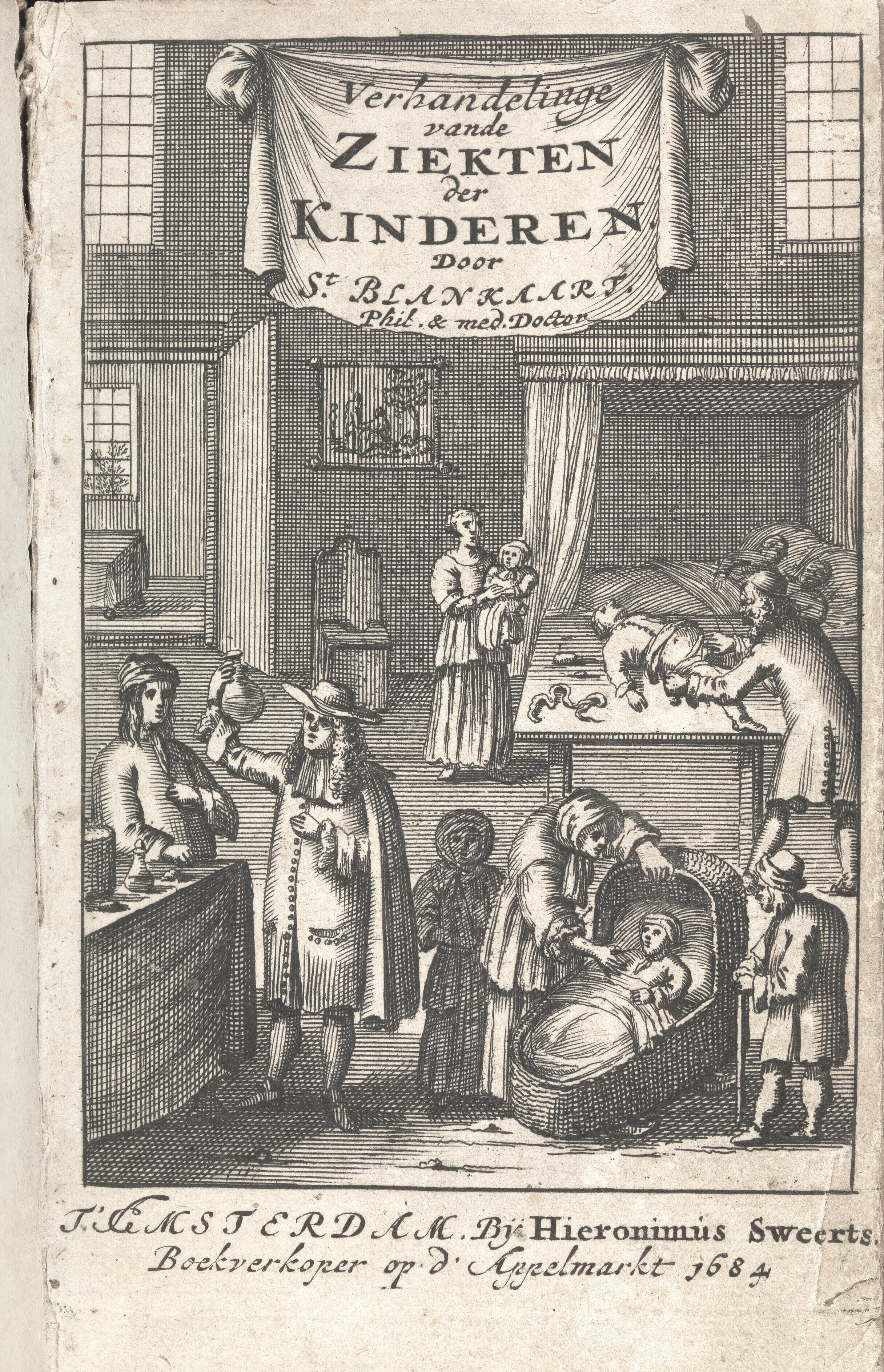
Past Events

remembering the brooks family
Who do we remember - and who do we forget? Join archaeologist Gail Golec and descendant Ray Brooks in tracking down the forgotten story of four generations of the Brooks family and, in so doing, revealing a hidden past of New England’s black community. Part of a larger project on recovering black history run by the Monadnock Center for History and the Historical Society of Cheshire County, New Hampshire.
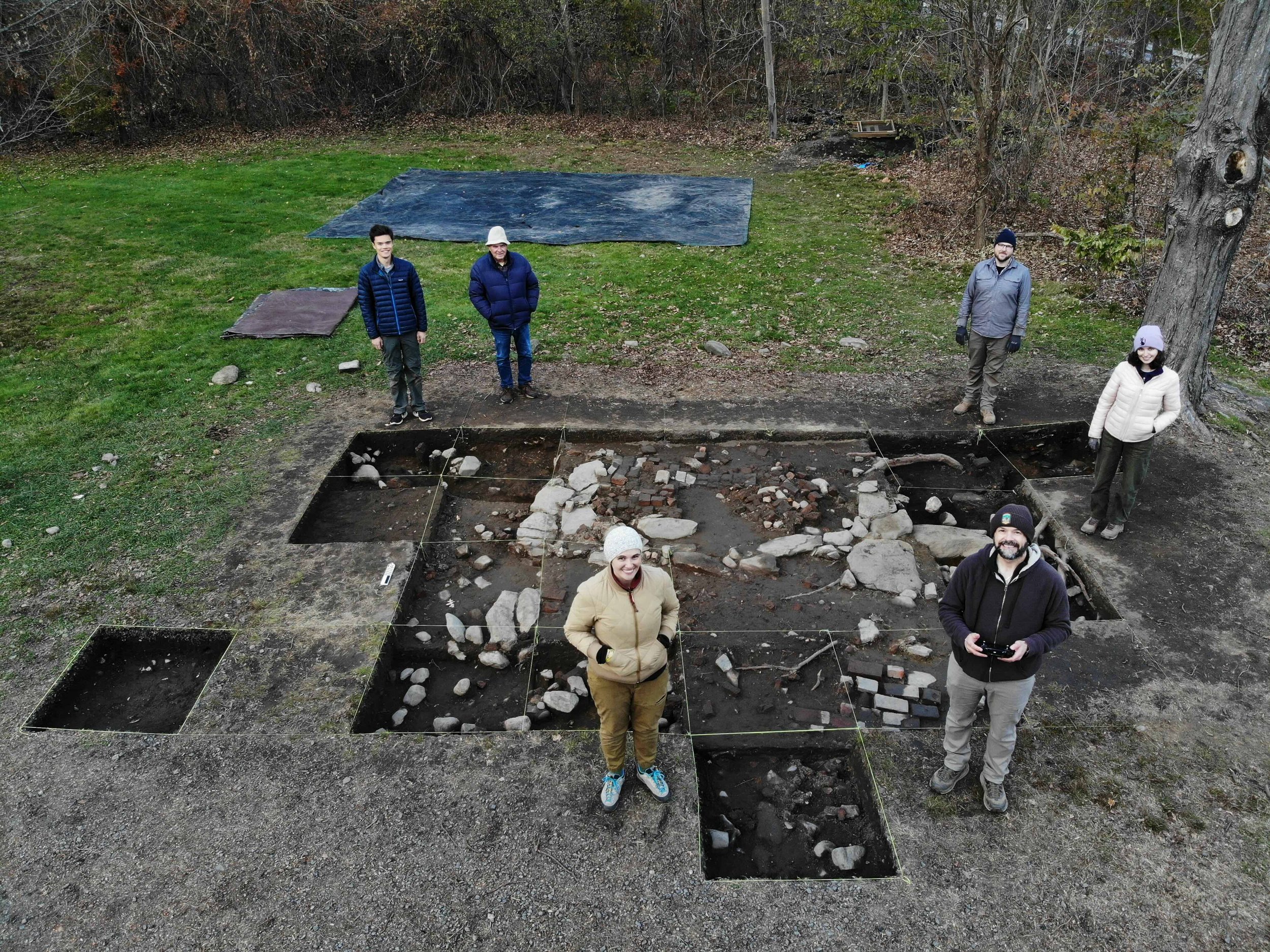
Finding anne bradstreet
Join us for a fascinating dig into the past as we open the door to the Bradstreets' North Andover home - and welcome you to a crucial part of the history of Anne Bradstreet, North America's first published poet .
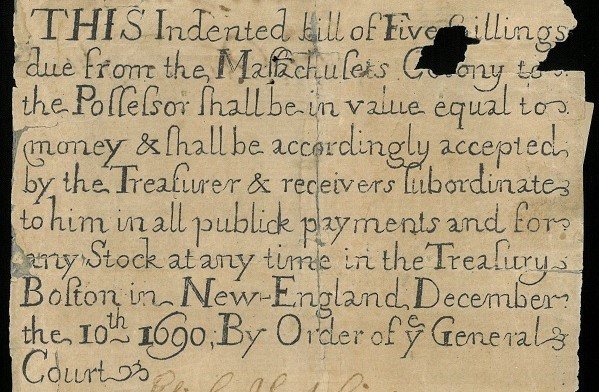
Easy Money: New England Puritans and the INVENTION OF MODERN CURRENCY
Economic historian Dror Goldberg offers a fascinating look at a little known facet of New England history: how the Puritans, forced by circumstance and enabled by their intellectual and administrative abilities, invented modern currency. Despite resistance - shopkeepers refused to accept the new bills - the new money took hold, and revolutionised the (financial) world.

Race and slavery at the first church in roxbury
Harvard PhD candidate Aabid Allibhai offers stunning new research showing just how entwined the Boston area elite was with slavery. Joined by former member of the Massachusetts House of Representatives Byron Rushing and the Rev. Mary Margaret Earl, he takes our enslavement series up to the 21st century, asking: how does this past affect us today?
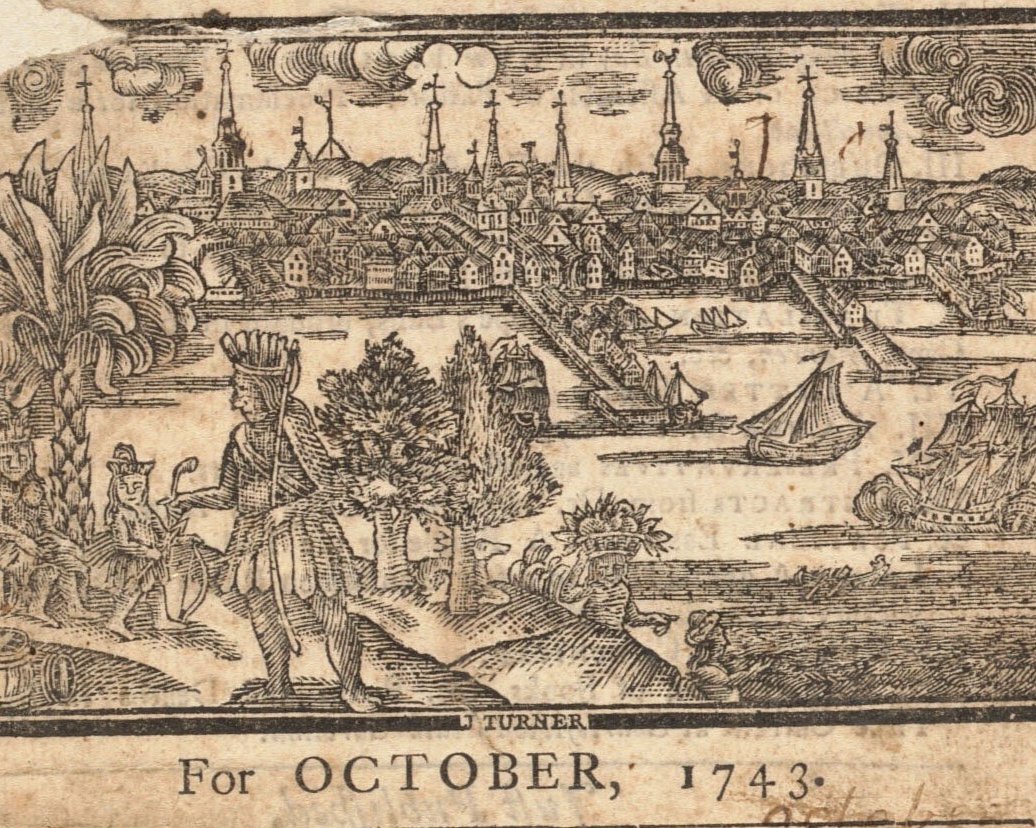
enslaved christians: black church members in an era of cotton mather
Historian Richard Boles takes us back to a world in which Puritan theologians could at once justify slavery and see enslaved people as spiritual equals in heaven. This trenchant, in-depth lecture explores the theological underpinnings of New England slavery, the ways in which religion laid the groundwork for a rejection of slavery in the post-Revolutionary period, and how enslaved people made their churches their own.
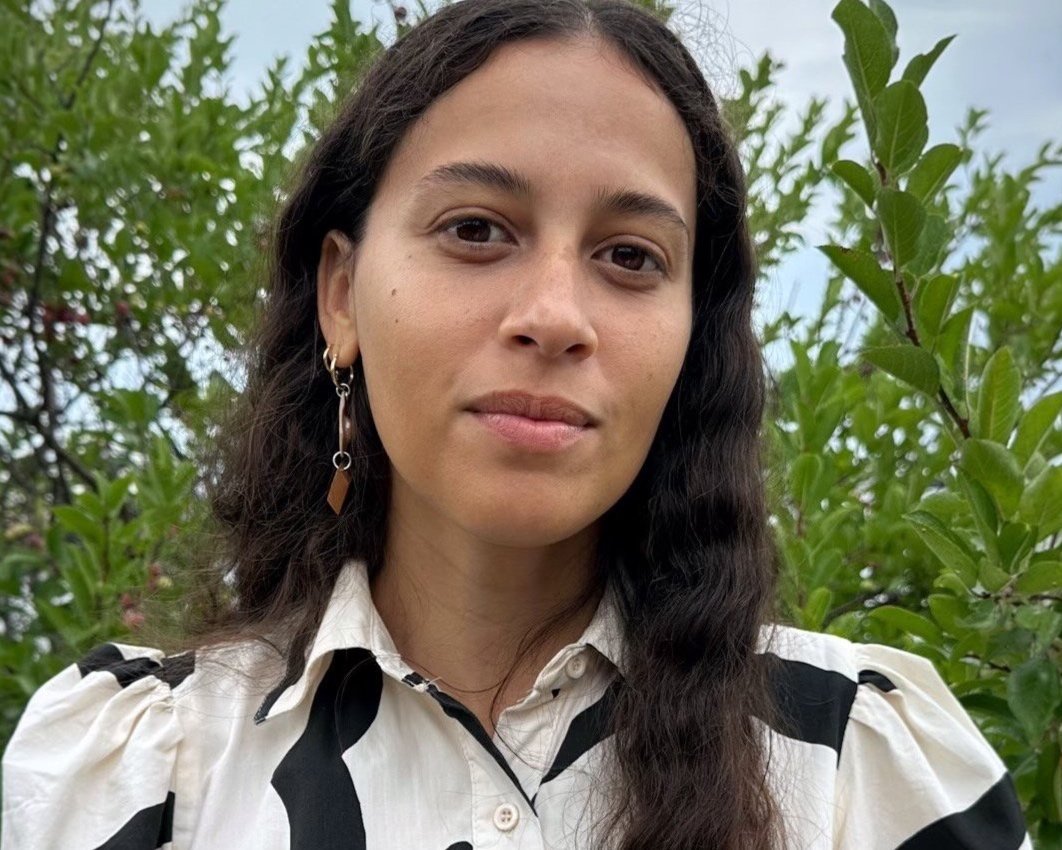
stolen relations: centuries of native enslavement in the americas
From the time of Columbus’ arrival to 1900, up to 5 million Indigenous people in were enslaved in the Americas. How have we overlooked this crucial fact of history, and how does New England fit in? Historian LInford Fisher, Cheryll Toney Holley (Nipmuc), Alexis Moreis (Wampanoag), and Loren Spears (Narragansett) tell the story of Indigenous people in New England and how they have both survived and thrived - a story now being documented in a remarkable new project at Brown University.
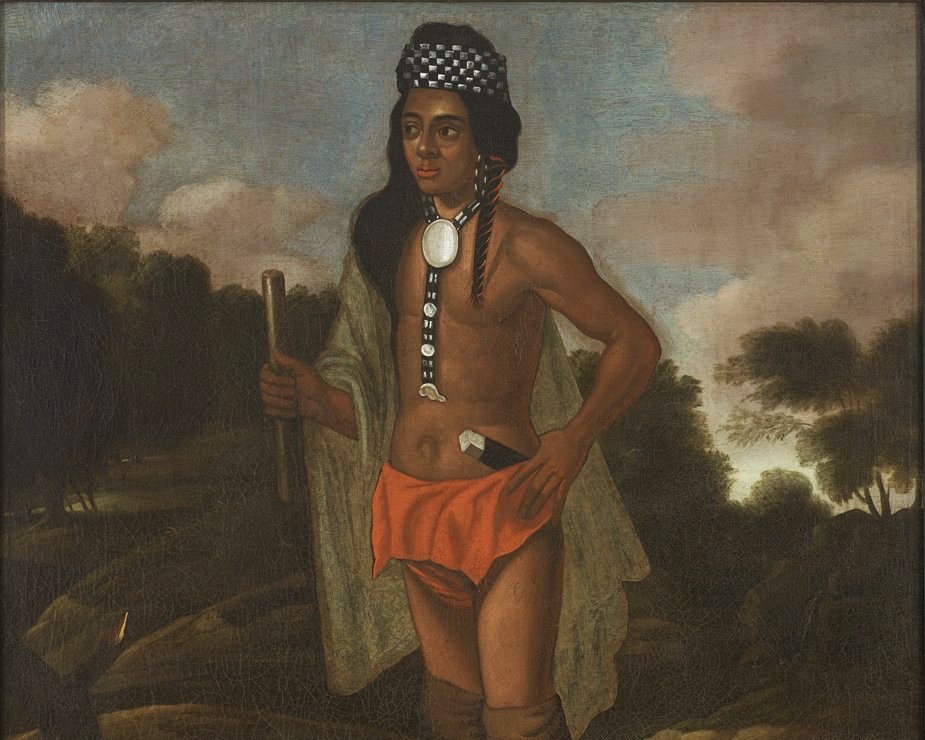
ORIGIN STORIES: THE PEQUOT WAR AND INDIGENOUS ENSLAVEMENT IN NEW ENGLAND
The Pequot War - the first major conflict between English colonists and Native people in New England - made slavery a fundamental part of colonial Massachusetts. Puritans enslaved captured fighters, women and children, and kept them in New England or sold them to the Caribbean. Award-winning historian Margaret Newell was joined by Michael Thomas, board member of the Mashantucket Pequot Museum, and Rashad Young, Mashantucket Pequot Tribal Nation.
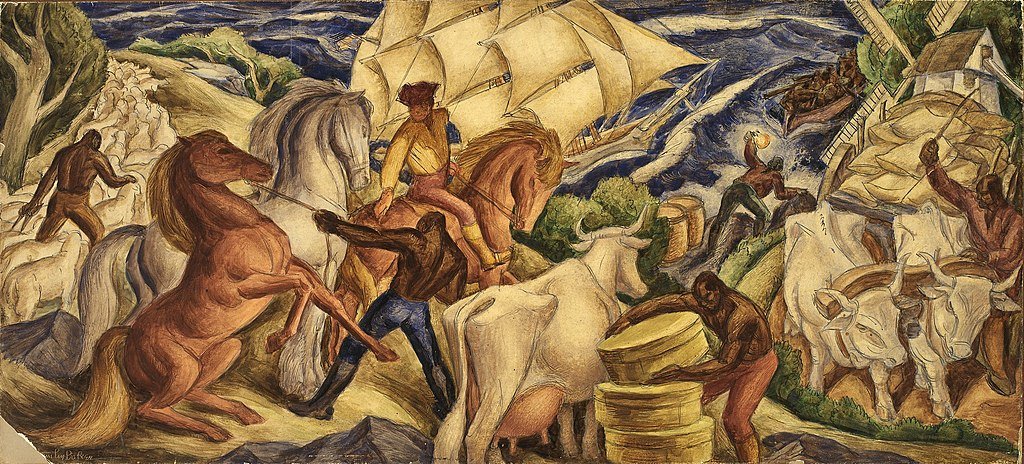
Built from bondage: slavery and the colonization of new england, 1620-1700
We think of New England as the land of the free - a place of abolitionism and liberty. Yet slavery began here in the very first years of the colony, as part of a range of unfree labor practices and reflecting the deep European belief in the rightness of hierarchy. By the end of the 17th century, nearly 15% of Bostonians were enslaved people, while many more worked throughout the region. The first to legalise slavery in its 1641 Body of Liberties, New England built its power and wealth on slavery and a growing trade with the slave islands of the Caribbean.
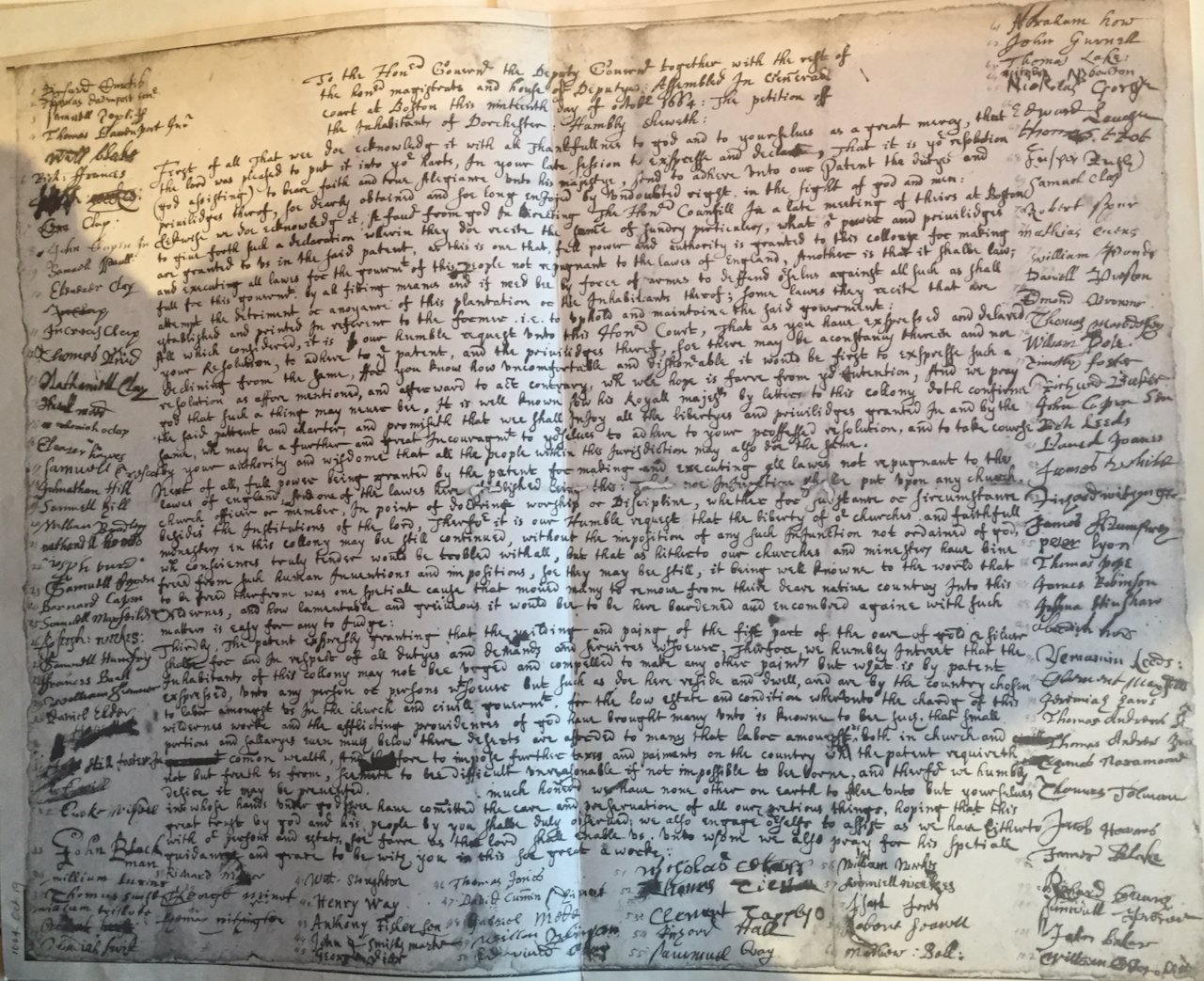
A Constitutional Culture: New England’s Struggle against Arbitrary Rule
Did the American Revolution emerge out of thin air - or was there a deep culture of self-government and resistance to tyranny already embedded in New England? This illuminating and engaging presentation by historian Adrian Chastain Weimer takes you into the roots of a profound constitutional culture developed by the Puritans in the 17th century - a century before the Revolution. A uniquely insightful look at early New England political culture.
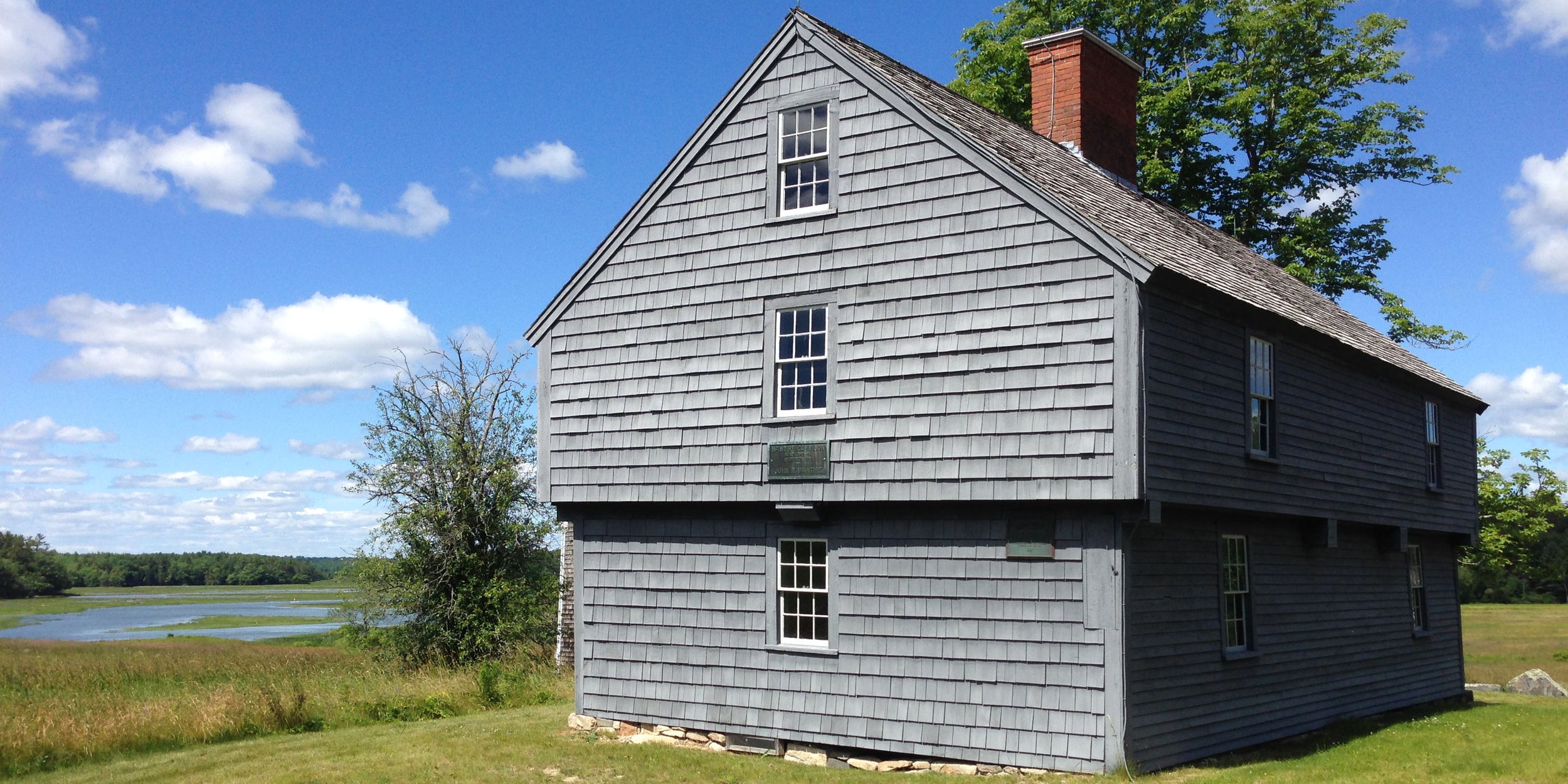
LANDSCAPES OF INDENTURE: SCOTTISH PRISONERS OF WAR IN 17TH CENTURY NEW ENGLAND
Renowned historian Emerson Baker explores the fate of 400 Scottish prisoners of war, captured by Cromwell, shipped across the sea, and sold into indentures to work in ironworks and sawmills - the first major group of unfree labor to build New England.

Change the flag?
The Massachusetts flag and seal are based on 17th century imagery, a Native man at the center. Is it time to question it? Three representatives of a campaign to change the flag say yes.

Occupying Massachusetts: Layers of History on Indigenous Land
Photographer Sandra Matthews and Indigenous activist David Brule explore the meaning of the Massachusetts landscape, past and present. How did people who occupied land 400 years ago call it home? What does that mean today?
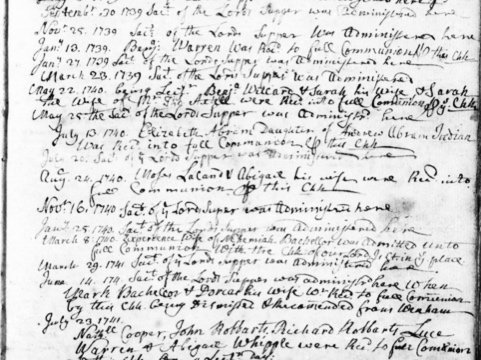
Parallel universes: Puritan Congregationalism and Indigenous Society
Join a unique, “what if” exploration of history as scholar Lori Rogers-Stokes explores the hidden commonalities between Indigenous society and Congregationalism and asks: what if they had realised the values they held in common?

forgotten frontier: Maine and New Hampshire in the 17th Century
Award-winning historian Emerson Baker explores a part of “Puritan New England” that was neither new, nor Puritan, nor wholly English. A fascinating look at a multiethnic, mingled early New England.
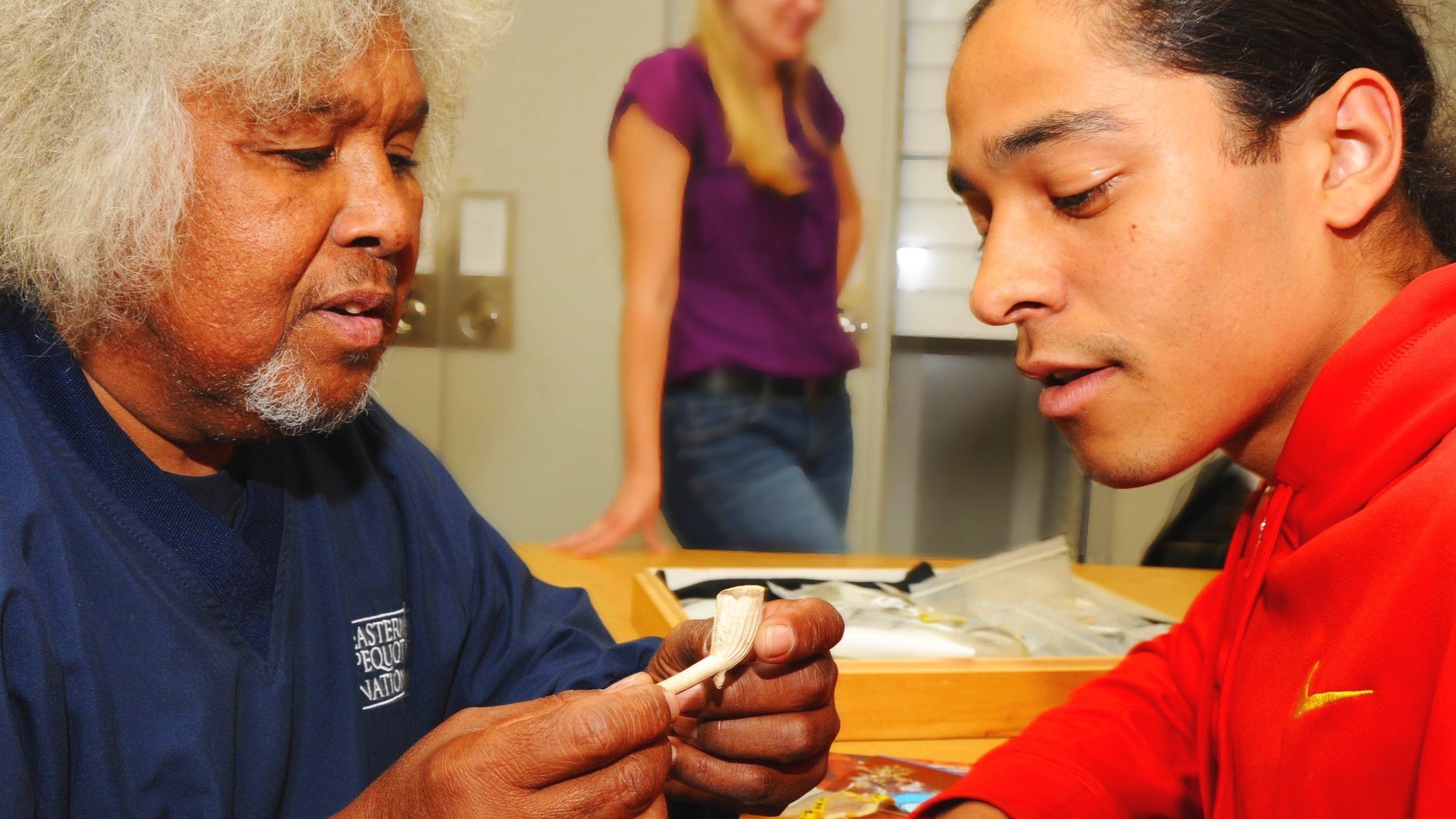
A place of persistence: Eastern Pequot Reservation Archeology
The Eastern Pequot survived the horrors of the Pequot War and settled in a small reservation in what is today Connecticut. Stephen Silliman of UMass Boston, and Natasha Gambrell, Eastern Pequot, both of the Eastern Pequot Field School, tell the story, through archaeology, of a remarkable persistence in time, culture and community.
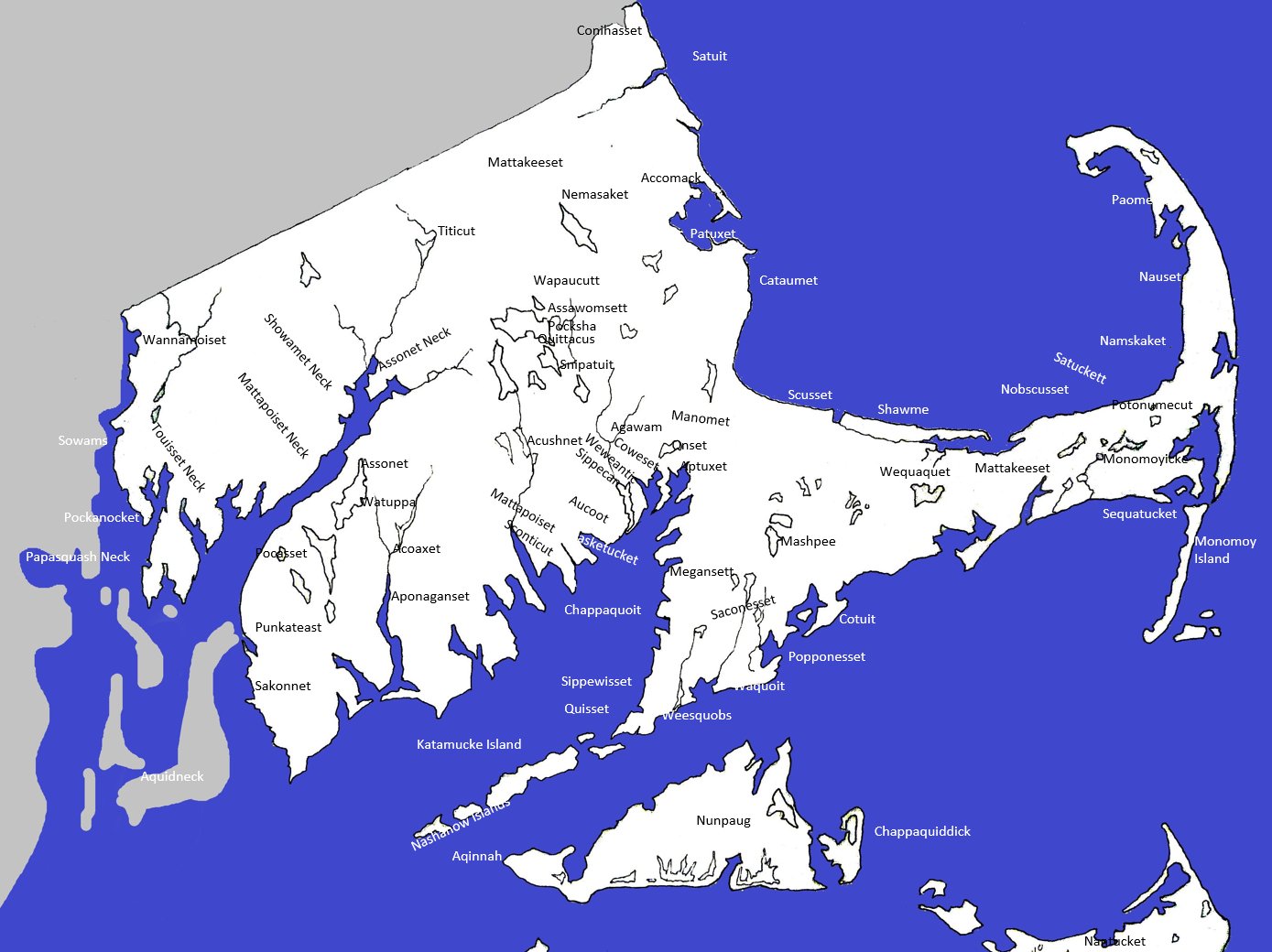
DISPOSSESSION: INDIGENOUS LAND LOSS IN PLYMOUTH COLONY
The survival of dozens of title deeds in Plymouth Colony underpins scholar Dr. Jeremy Bangs’ charting of the colonists’ stripping of Native people of their land. Deed after deed documents the transfer of Indigenous future as Dr. Bangs explains the reasons for it and concludes, controversially, that Native people owned their land.
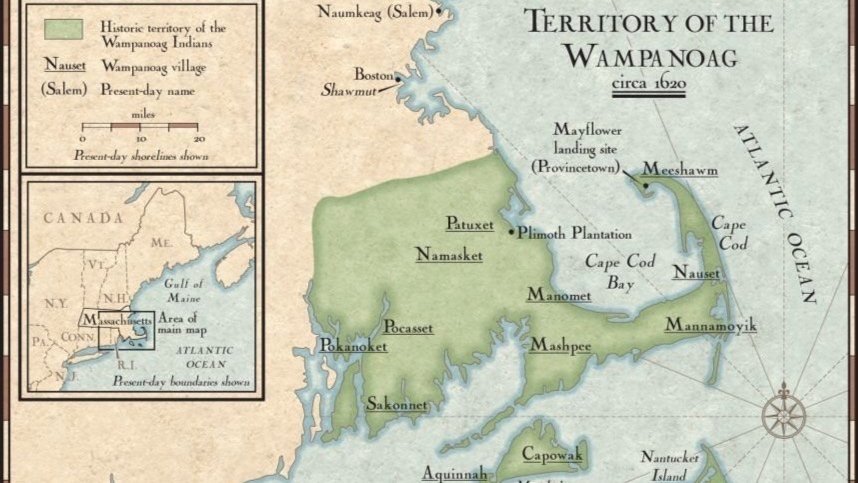
whose name, whose place? Native placenames in southern New England
Dr. Frank Waabu O’Brien, Abenaki, offers remarkable insights into Native placenames in southern New England in this powerful presentation. Naming and power go hand in hand in New England’s past, as this important discussion explores issues of culture, domination, language survival and the implications today. Rashad Young, Mashantucket Pequot and teacher of the Pequot language, provides expert commentary.
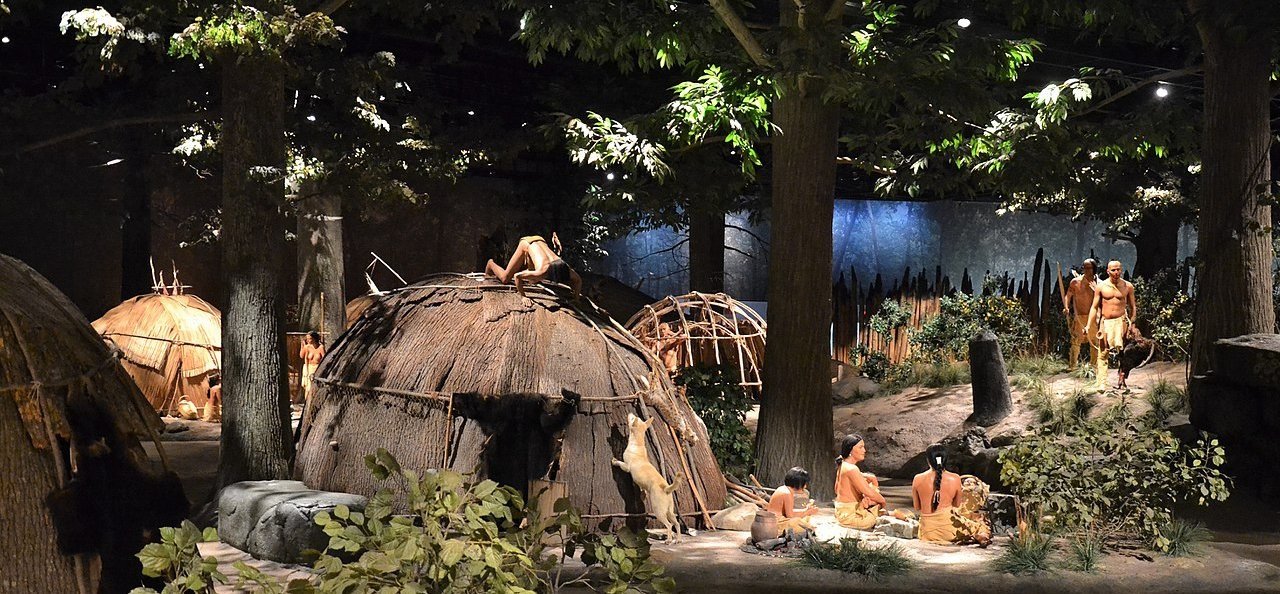
We are the land: The power of place in indigenous life
For the gift of land, Native people in early New England accepted a sacred role as its caretakers - a far cry from the view of 17th century colonists. Watch this powerful presentation at the Boston Public Library by Lance Young (Eagle Wolf), sachem of the Nemasket Nation, as he explores the meaning of place for Native people, past and present.

Cruel or Courageous? A New reading of mary rowlandson’s captivity narrative
Mary Rowlandson’s bestselling account of her captivity during King Philips War influenced generations of history books, telling a story of cruelty, terror and hardship. Pocasset saunkskwa Weetamoo, she said, was cruelest of them all. But was Weetamoo cruel - or was she, for her people, courageous? In this re-reading of Rowlandson, and with the help of Lisa Brooks’ Our Beloved Kin, we began to see a wider story.

THE PEN OF JUSTICE: william Apess and his Eulogy on King Philip
William Apess, 19th century Pequot author, activist and minister, turned New England history upside down and insisted on the equal rights of Native people. Here we looked at his Eulogy on King Philip, a revolutionary view of the bloodiest war in American history, and the man at its center, reviled by colonists but restored as a great man by Apess.

Roger Williams’ Key Into the Language of America with Loren Spears
In 1643 Roger Williams published his remarkable Key Into the Language of America. His aim was to offer translation of Narrangansett/Algonquin for would-be traders, but the result for us is a rare close observation of the power, cultural richness and vibrancy of the Narragansett and Eastern Woodlands Indigenous life. In this book club discussion, Narragansett and Tomaquag Museum executive director Loren Spears explored the meaning of Williams’ work, what it revealed, and what it utterly misunderstood.

Radicals, Rebels, and Rejects
What happened if you were beyond the pale in Puritan Boston? Banishment, shackles, exile to England - at least for the three major figures examined here. Roger Williams, Anne Hutchinson, and Thomas Morton all broke with Puritan convention and paid the price. Watch this lively, exceptionally well informed, and engaging panel discussion with writer Eve LaPlante, public historian Marc Kohler, and scholar and author Peter Mancall. Enjoy!

THE BOSTON COMMON
We take for granted the plot of land at the center of Boston, Massachusetts. It’s simply “the Common,” visited by Bostonians and tourists alike. But what is a “common,” how did Boston come to have one, and whose land is it anyway? Historian Robert J. Allison reveals the answers.

BODIES POLITIC
The men who founded Massachusetts towns in Essex county believed that society was a single body politic, and the task of town government was to ensure its health. Historian Scott McDermott explores the nitty-gritty of the common good, from town meetings to land distribution, and local elections.

PURITAN FAULTLINES
The Puritans aspired to build a united society - as the Hassanmisco congregation wrote, they entered into a covenant “with God, and one with another.” But for how long could Puritans unite with one another? Could they honour the spirit of their own laws and practice what they preached? Watch this engaging, eloquent presentation by author and independent scholar Lori Rogers-Stokes as she explores the faultlines beginning to crack the foundations of an expanding, flourishing Puritan society.

Puritan social gospel and the city on a hill
Watch the first of our 2021 online autumn lectures on The Common Good. As we debate today the benefits of individual freedoms vs. the collective good, what does the past have to teach us? Would 17th-century Bostonians opt for masks - or not? Find out with our stunning series on a topic more relevant than ever.
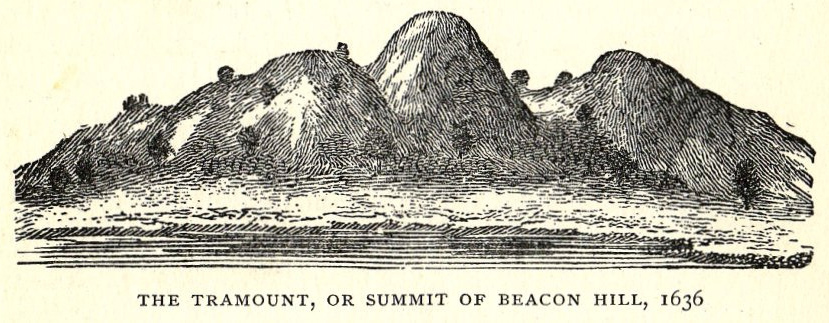
THE LAND IS A LIVING WITNESS
DISCUSSION
LANCE YOUNG
When the Puritans arrived in New England, they surveyed lands they believed they could claim as their own. But the land was not private property for Native Americans, but a living, breathing resource for the common good. Explore this irreconcilable clash of ideas and its devastating consequence in a discussion led by Lance Young, chief of the Nemasket tribe.

THE RULE TO WALK BY
DISCUSSION
ROXANNE REDDINGTON-WILDE
Massachusetts pioneered individual rights, writing into law freedom of speech and trial by jury, and banning domestic violence. It also legalized slavery. Was this a conflict for the Massachusetts freemen whose own freedoms were protected? What were their assumptions about status, servitude, and society? In this online discussion, we read original texts and exchanged views in a conversation led by historical anthropologist Roxanne Reddington-Wilde.

THE LAND IS A LIVING WITNESS
DISCUSSION
LANCE YOUNG
When the Puritans arrived in New England, they surveyed lands they believed they could claim as their own. But the land was not private property for Native Americans, but a living, breathing resource for the common good. Explore this irreconcilable clash of ideas and its devastating consequence in a discussion led by Lance Young, chief of the Nemasket tribe.

“A pestilential Pox”: Covid-19 vs. Smallpox
DISCUSSION
SIDNEY LEVITSKY M.D.
As the world struggles with Covid-19, how does our experience differ from that during Massachusetts’ smallpox epidemics? Not very much, we concluded in a discussion led by Sidney Levitsky M.D. on December 16, 2020. Watch a recording of the discussion.
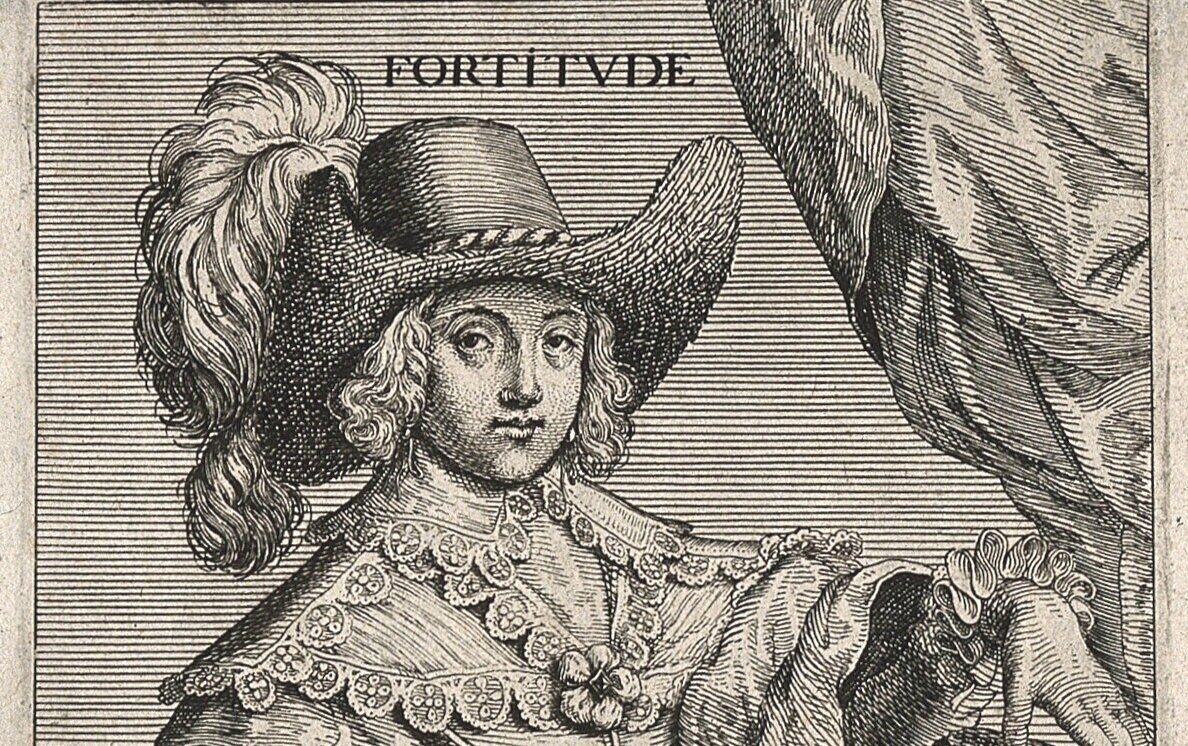
“I doe not see how wee can thrive untill wee gett into a stock of slaves….”
Emmanuel Downing, letter to John Winthrop, c.August 1645
